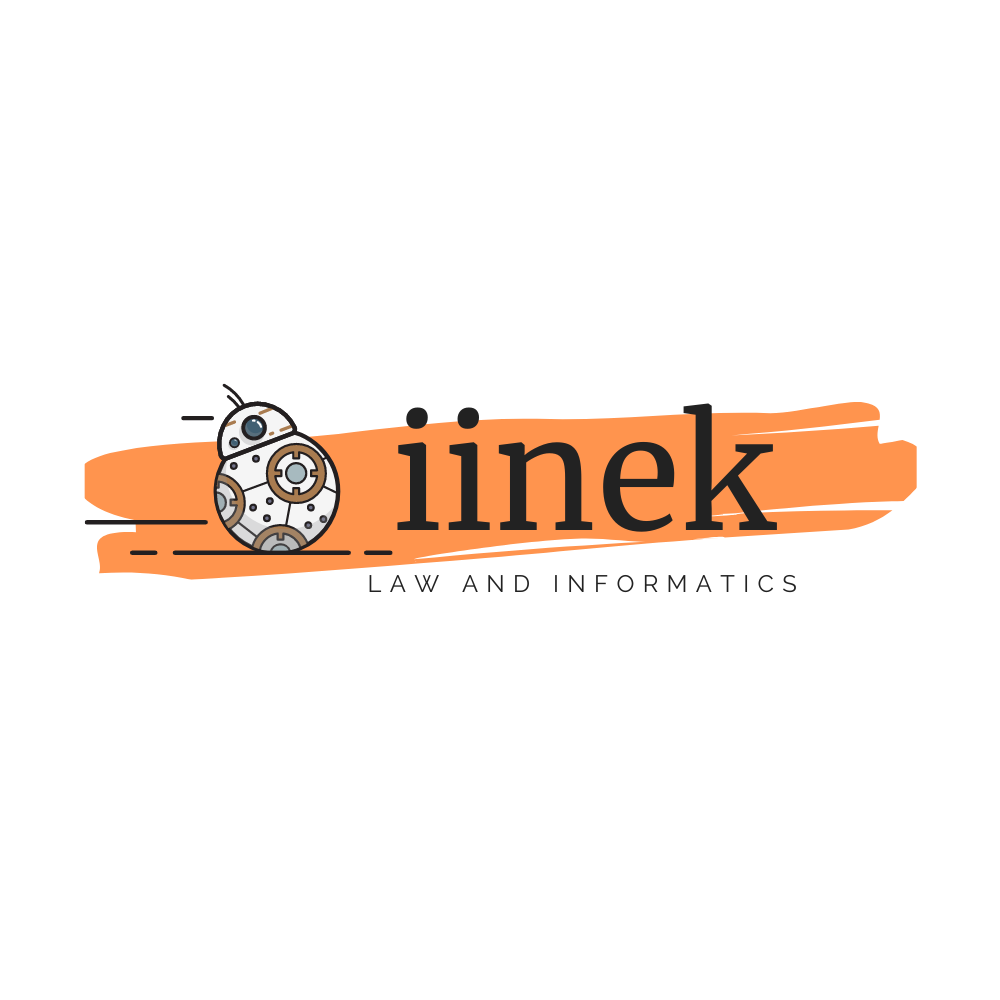Visiting the Annual Nordic Conference in Legal Informatics in Rovaniemi, Finland, I started thinking about the progress that information retrieval technology has made the last 30 years, and remembered the following statement from 1985:
The user’s task is simply to find the right combination of search terms to retrieve all and only the relevant documents. However, we believe that users should not be asked to shoulder the ‘blame, and perhaps an analogy will indicate why. Suppose you ask a company to make a lock for you, and they oblige by providing a combination lock; but when you ask them for the combination to open the lock, they say that finding the correct combination is your problem, not theirs. Now, it is possible, in principle, to find the correct combination, but in practice it may be impossibly difficult to do so. A full-text retrieval system bears the burden of retrieval failure because it places the user in the position of having to find (in a relatively short time) an impossibly difficult combination of search terms. The person using a full-text retrieval system to find information on a relatively large database is in the same unenviable position as the individual looking for the combination to the lock.
Blair, D.C., and Maron, M.E., An evaluation of retrieval effectiveness for a full-text document-retrieval system, Communications of the ACM 28, 289-299, 1985; p 298
Strangely enough, I am not sure that we have come so much further since then. Though search algorithms may have become more advanced, users still have to employ key words in order to retrieve possible important information. Personalisation of search (taking into account the previous searches of a person) is not the same as putting information retrieval in context (considering the current situation of the user). A clean user interface is not the same as simplicity and effectiveness of search.
